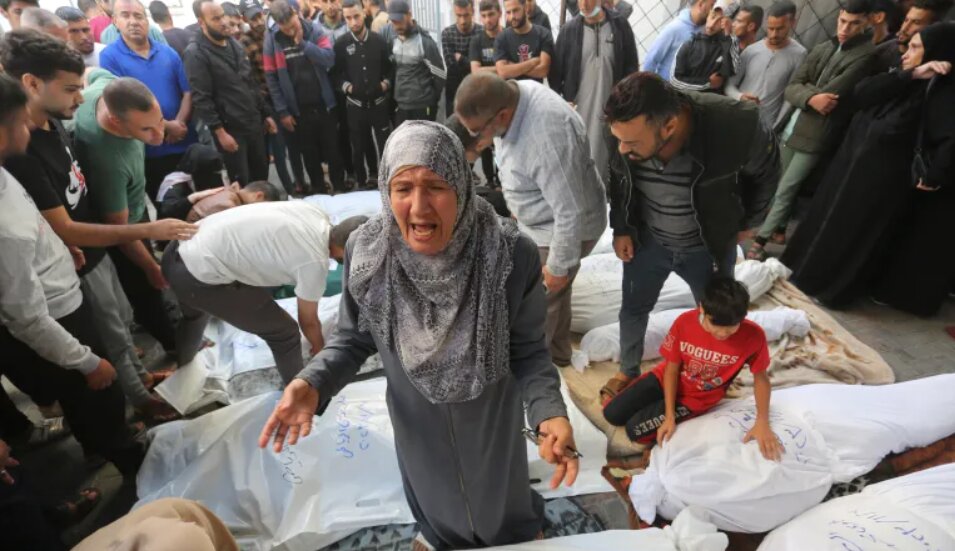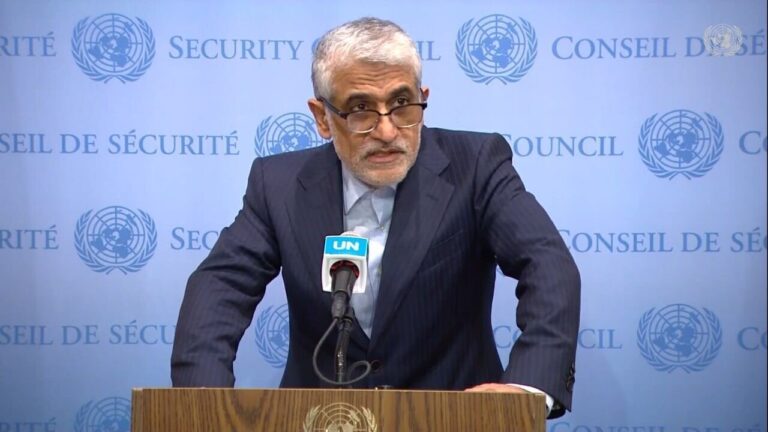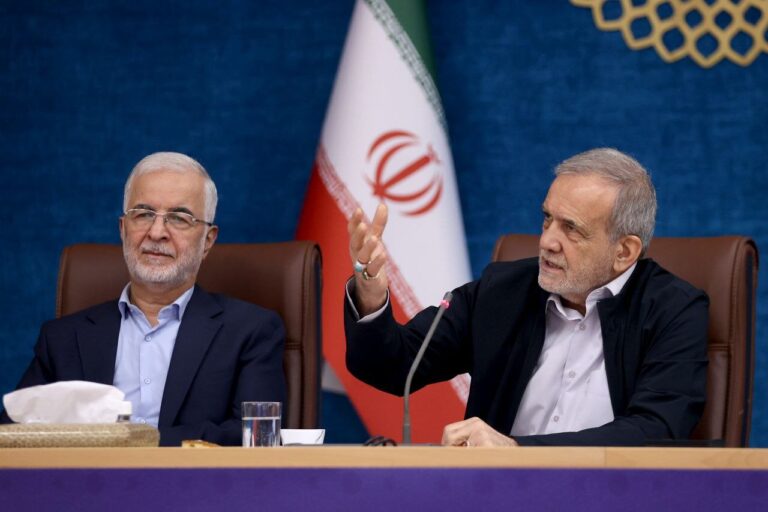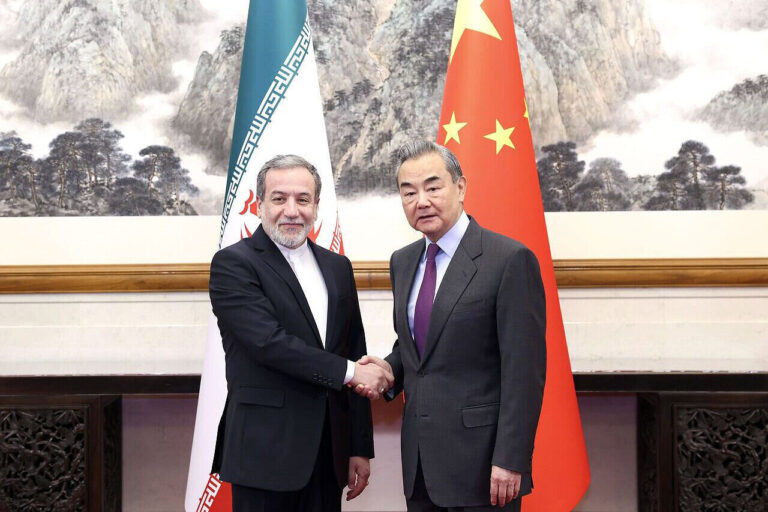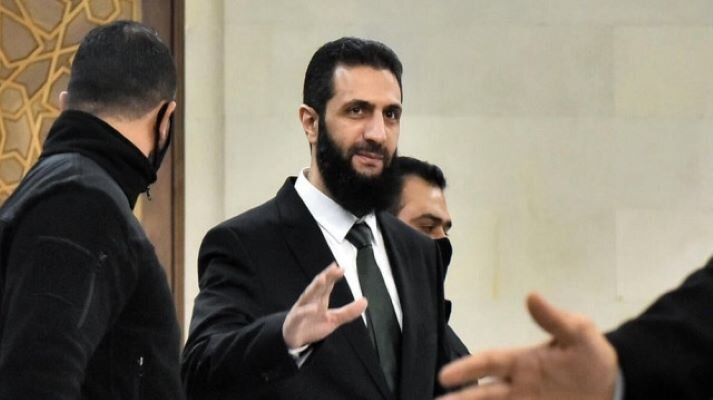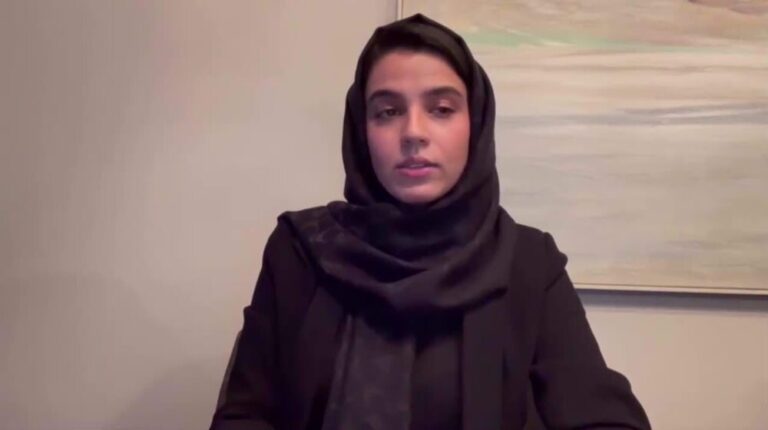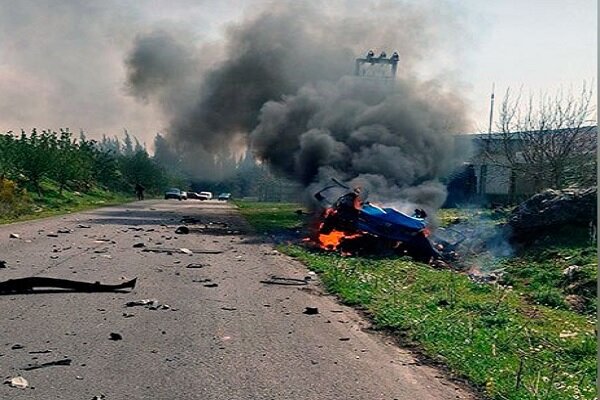Unstoppable Tragedy: The Ongoing Genocide Against Gazans
In recent days, the Gaza Strip has been engulfed in tragedy as relentless Israeli airstrikes have resulted in numerous casualties, including women and children. The ongoing conflict has led to a humanitarian crisis, with the Civil Defense in Gaza reporting a significant number of fatalities and injuries due to these attacks across the densely populated coastal enclave.
On Monday morning, a series of intense airstrikes claimed the lives of 19 Palestinians, among them women and children, in residential neighborhoods located in northern Gaza. This incident is part of a broader escalation of violence that has persisted for several months.
According to Mahmoud Basal, the spokesperson for the Civil Defense, rescue teams have been working tirelessly to recover victims from the rubble. Notably, they retrieved 15 bodies and assisted 10 injured individuals from the debris of three apartments in a multi-story building situated northwest of Gaza City. This building was struck by three missiles while its residents were asleep, without any prior warning.
Additional reports indicate that four individuals lost their lives and another four sustained injuries in a strike on a family home in Beit Lahia. This residence had become a sanctuary for many displaced people, with several still unaccounted for beneath the wreckage.
The death toll has tragically risen to six from a previous Israeli airstrike on a house in the Sultan neighborhood, located west of Beit Lahia in northern Gaza. Journalists on the ground have confirmed these fatalities following an Israeli bomb being dropped on an area southwest of Khan Younis in southern Gaza.
Throughout the night, various regions of Gaza experienced a wave of intense airstrikes, leading to the destruction of homes in Rafah, southern Gaza, as well as in a neighborhood northeast of Gaza City. These strikes employed high-powered explosives, significantly impacting civilian life.
Amid this harrowing situation, Hamas has reiterated its stance against using humanitarian aid as a political tool. They have aligned themselves with the United Nations’ position, which opposes any arrangements that might compromise the standards of humanitarian assistance.
The Israeli regime has suggested that it may permit some humanitarian aid to enter Gaza by the end of the month, but only under military supervision. This move appears to be an attempt to exert pressure on Hamas.
In a recent statement, Hamas urged the international community to see through what they describe as the occupation regime’s misleading narratives. They called for immediate actions to completely lift the siege on Gaza. The statement emphasized:
“The continued blockade of aid and obstruction of the humanitarian distribution system clearly reveals the occupation’s intentional creation of famine in Gaza.”
The Israeli army has been accused of blocking international organizations from accessing fuel storage facilities intended for hospitals, justifying this by labeling these areas as “red zones.” The Health Ministry in Gaza has raised alarms, warning that this policy could lead to the shutdown of essential medical facilities. They reported that the remaining fuel reserves are only sufficient for three more days.
The Government Media Office in Gaza has also condemned Israeli actions, characterizing attempts to utilize aid as “a tool for political blackmail.” Their statement read:
“We firmly reject the Israeli plan to impose a new aid distribution mechanism controlled by the occupation army, which would transform humanitarian relief into a political weapon.”
This statement further emphasized that the forced mechanism being implemented in the Gaza Strip reinforces the policies of siege and starvation. They stressed the importance of distributing aid through neutral international organizations and appreciated all principled positions opposing this harmful plan.
Human rights groups have voiced strong condemnation of the international community’s silence and inaction regarding the restrictions imposed by Israel on aid delivery. They describe these actions as part of a U.S.-backed Israeli campaign directed at the extermination of the Palestinian people.
As the situation unfolds, the humanitarian crisis in Gaza continues to deepen. The international community faces mounting pressure to respond effectively to the ongoing violence and to ensure that humanitarian aid reaches those in dire need. The plight of civilians amidst this conflict remains a critical concern that demands urgent attention and action from global leaders.
In conclusion, the relentless airstrikes and the humanitarian blockade have led to devastating consequences for the people in Gaza, highlighting the urgent need for a resolution to the conflict and protection for innocent lives caught in the crossfire.
